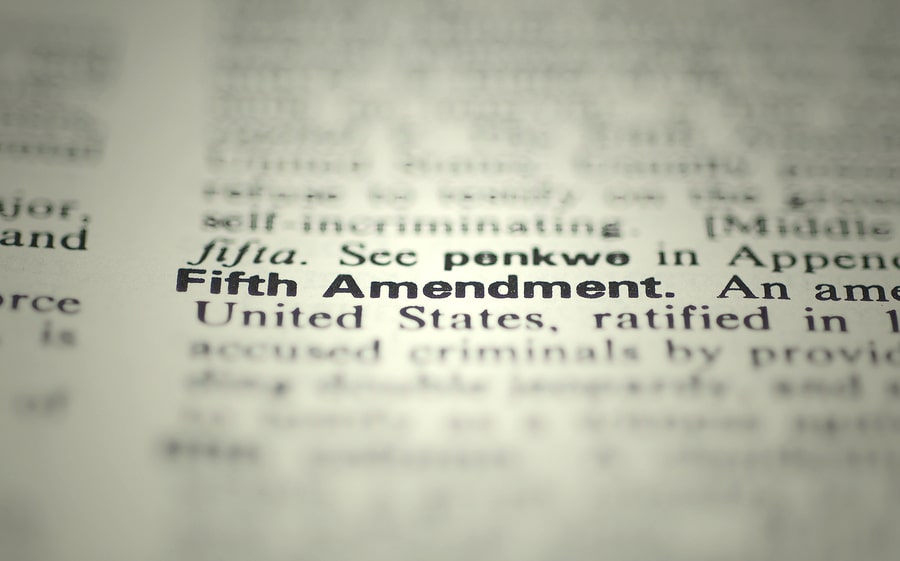Almost any time of day, on a number of networks, a crime show involving police, detention, interrogation, and trials can be found. Sometimes these are live, real life trials. Often they are fictional dramatizations. However, one of the most common threads of these shows are Miranda warnings.
As soon as the familiar, “You have the right to remain silent…”, it is (almost) possible to recite by heart. But how did the Miranda Rights come about, and when do they actually apply?
The Miranda Rights are based on a United States Supreme Court decision from 1966 involving the case of Miranda v. Arizona1 and actually two (2) other cases with similar facts. In the Miranda case, Ernesto Miranda was arrested and interrogated about a kidnapping and rape. There were two (2) officers questioning Mr. Miranda, and after two (2) hours, they had a signed confession. Mr. Miranda was convicted of kidnapping and rape, and the confession was admitted in the trial court.
The Miranda Supreme Court case reviews the rights of those subject to custodial interrogation. Specifically, that the Fifth Amendment right given to all citizens by the United States Constitution extends not only to trials (ex. not having to testify against oneself) but also custodial interrogation.
The case held that “the prosecution may not use statements, whether exculpatory or inculpatory, stemming from custodial interrogation of the defendant unless it demonstrates the use of procedural safeguards effective to secure the privilege against self-incrimination”. So, while a subject of a custodial interrogation has rights against self-incrimination, those rights can be waived, and if, after being advised, the person still confesses or offers incriminating information, that information may be admitted against the defendant in trial.
There are many nuances of the Miranda Rights including what exactly is custodial interrogation and that an attorney can be requested at any time. The Miranda Rights protect indigent defendants as well, with the inclusion that if the defendant cannot afford an attorney, one will be appointed for the defendant.
We hope that this blog post was helpful in exploring the background of Miranda Rights. This blog post is not intended as legal advice. Ciyou & Dixon, P.C. practices throughout the state of Indiana. This blog post was written by attorney, Jessica Keyes.








